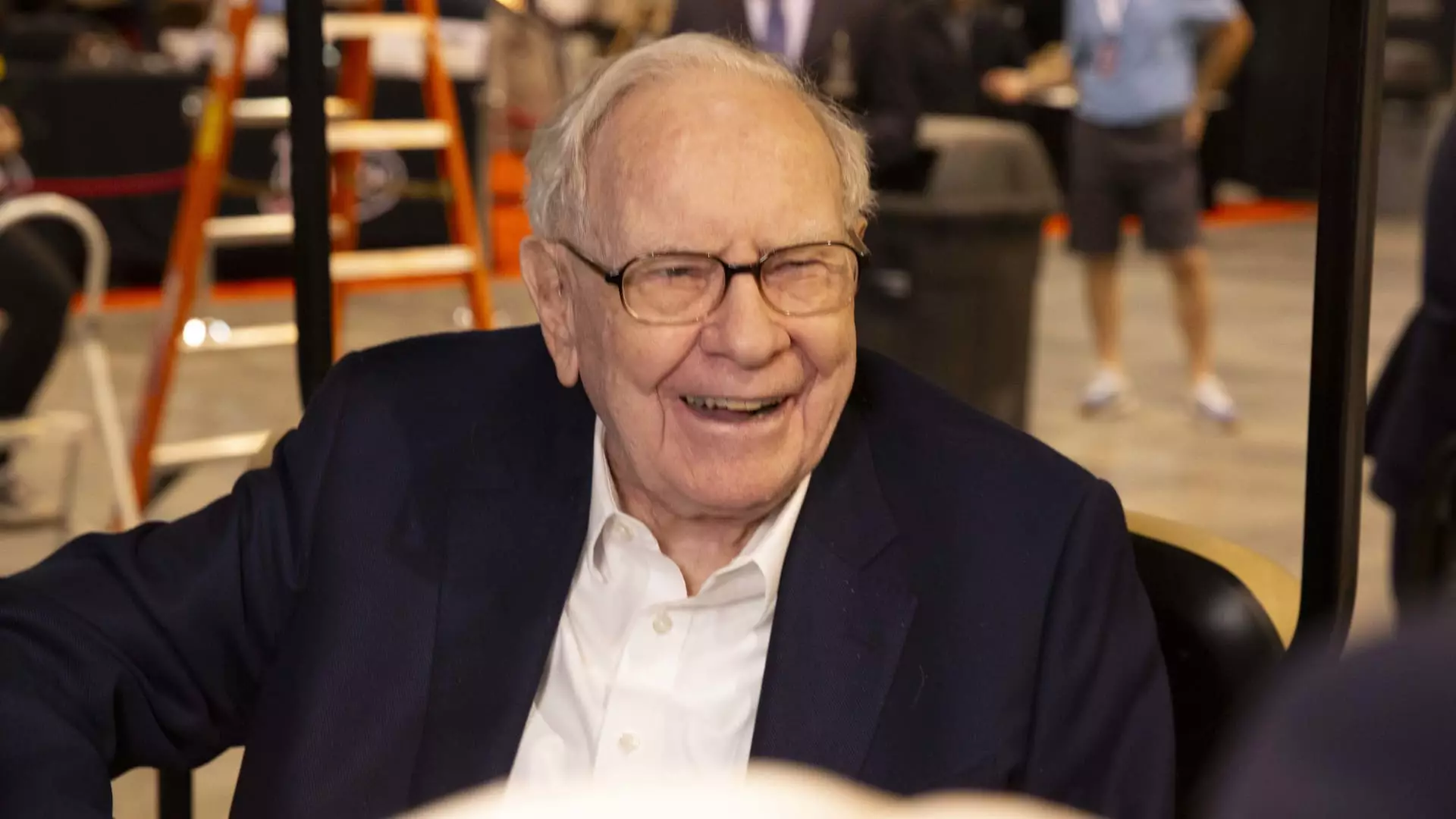Warren Buffett, often referred to as the Oracle of Omaha, achieved some of his best returns in the early days of his investment career. He once boasted that he could easily produce a 50% annual return if he was managing only $1 million. This claim was backed by his success in the 1950s, when he outperformed the Dow significantly. At that time, Buffett was investing small amounts of money, which he saw as a structural advantage. With limited capital, he was able to focus on buying undervalued companies, known as cigar butts, with great potential for growth.
As Buffett’s equity portfolio at Berkshire Hathaway grew to over $300 billion, he faced challenges that come with managing such a massive amount of capital. With a larger pool of money, finding attractive investment opportunities became increasingly difficult. Buffett acknowledged that size does hinder investment performance and admitted that making substantial purchases, such as elephant-sized deals, was necessary to impact his portfolio significantly.
Buffett’s investment success can be attributed to his meticulous research and deep knowledge of the industries he invested in. In his early days, he spent hours studying companies, especially in the railroad industry, seeking out buying opportunities. His approach involved poring over extensive manuals, such as Moody’s Manual, to uncover hidden gems that could lead to outsized returns. Buffett’s advice to aspiring investors is to be passionate about learning and mastering a subject, as he was with the companies he chose to invest in.
While Buffett initially focused on buying cheap, troubled companies at deep discounts, he later shifted his strategy under the guidance of his business partner, Charlie Munger. Together, they started investing in quality companies with competitive edges at fair prices. This shift in strategy led to the acquisition of well-known businesses like Geico insurance, BNSF Railway, Dairy Queen, and various energy and manufacturing companies. Buffett’s success in identifying and investing in these first-class businesses underscores the importance of evolving investment strategies over time.
One of the key takeaways from Warren Buffett’s investment philosophy is the significance of being passionate about the subject matter. He advises investors to immerse themselves in topics they are genuinely interested in and become experts in those areas. Buffett believes that genuine passion for learning and mastering a subject is crucial for achieving exceptional returns in the market. While financial gain is a motivating factor, Buffett emphasizes the importance of being in love with the subject rather than just the money.
Warren Buffett’s journey from investing small amounts in undervalued companies to managing a massive equity portfolio offers valuable insights for investors at every stage of their career. By prioritizing research, staying true to one’s passion, and adapting investment strategies to changing market conditions, investors can strive to replicate Buffett’s success in achieving remarkable returns over the long term.

